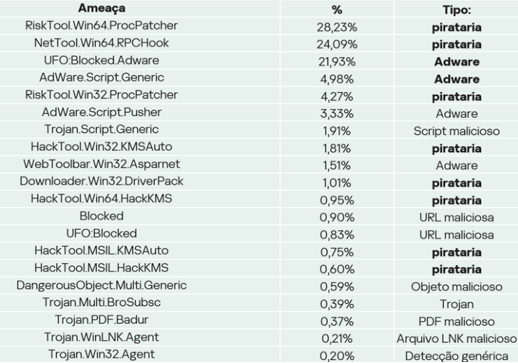Ransomware attack hamstrings three District Attorneys’ offices in NM • Source New Mexico
A ransomware attack impacted three local prosecutors’ offices around New Mexico earlier this week.
Wednesday morning, someone ran ransomware on servers in four offices connected to the Administrative Office of the District Attorneys (AODA), including the server for the network prosecutors and public defenders use to share court records called the consolidated statewide case management system (CMS).
In interviews with Source New Mexico, a spokesperson for the First Judicial District Attorney Mary Carmack-Altwies in Santa Fe and Ninth Judicial District Attorney Quentin Ray in Clovis said their offices were impacted by the attack.
A third prosecutor’s office, the Fifth Judicial District Attorney in Carlsbad, was also affected, according to Ray. A phone call seeking comment from Fifth DA Dianna Luce on Thursday was not returned.
Marcus Montoya, president of AODA and the elected Eighth Judicial District Attorney in Taos, said Thursday afternoon “we’re still triaging” which cases and hearings the attack impacted.
“Affected might mean different things, so how much is compromised is hard for me to say,” he said. “Maybe some districts might be a little more exposed than others, but for the most part, a majority of the data is protected and will be available.”
The attack left prosecutors unable to access the case management system, slowing their work and making it more tedious, Montoya said. Prosecutors and staff instead had to access a different server and move the files over to an external hard drive, which they carried into court, he said.
“It’s contained, and it’s ultimately not as bad as probably your traditional ransomware attack, so I think we’re in a good place,” Montoya said.
GET THE MORNING HEADLINES DELIVERED TO YOUR INBOX
Ray, the DA in Clovis, said those case files include any information about people accused of crimes, evidence in their cases, and prosecutors’ own case notes.
Some hearings had to be delayed, he said, “others we were able to MacGyver around.” Between 10% and 15% of the cases his office handles…





